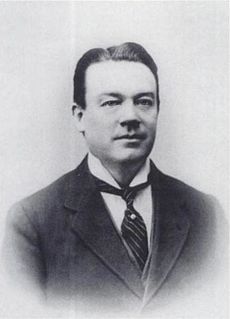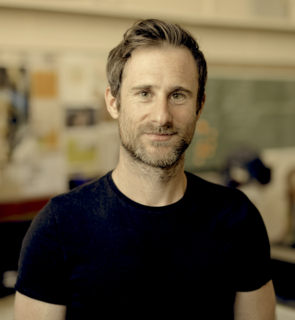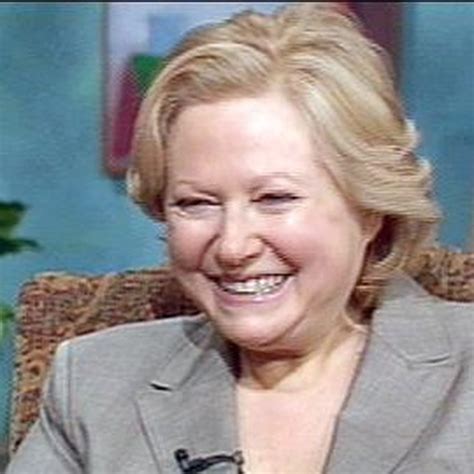A Quote by Faith Salie
Adverbs, we know, are meant to modify a verb, an adjective, or another adverb. They help us understand things more clearly, more vividly, more... morely.
Related Quotes
Younger women tend to be busier, wearing more layers and more make-up. I don't know if it's because older women are more confident, or just that we don't care any more. But that pared-down approach is the same with the sentences I write; I take out adjectives and adverbs and keep the description to a minimum.
We are doing well, notwithstanding all our failings and weaknesses; but the Lord would like to have us a little more diligent; he would like us to cleave a little more closely to the things of his kingdom, have more of his Spirit, and know more of him and of one another, that complete and perfect confidence can be restored.
The primary function of poetry, as of all the arts, is to make us more aware of ourselves and the world around us. I do not know if such increased awareness makes us more moral or more efficient. I hope not. I think it makes us more human, and I am quite certain it makes us more difficult to deceive.

































